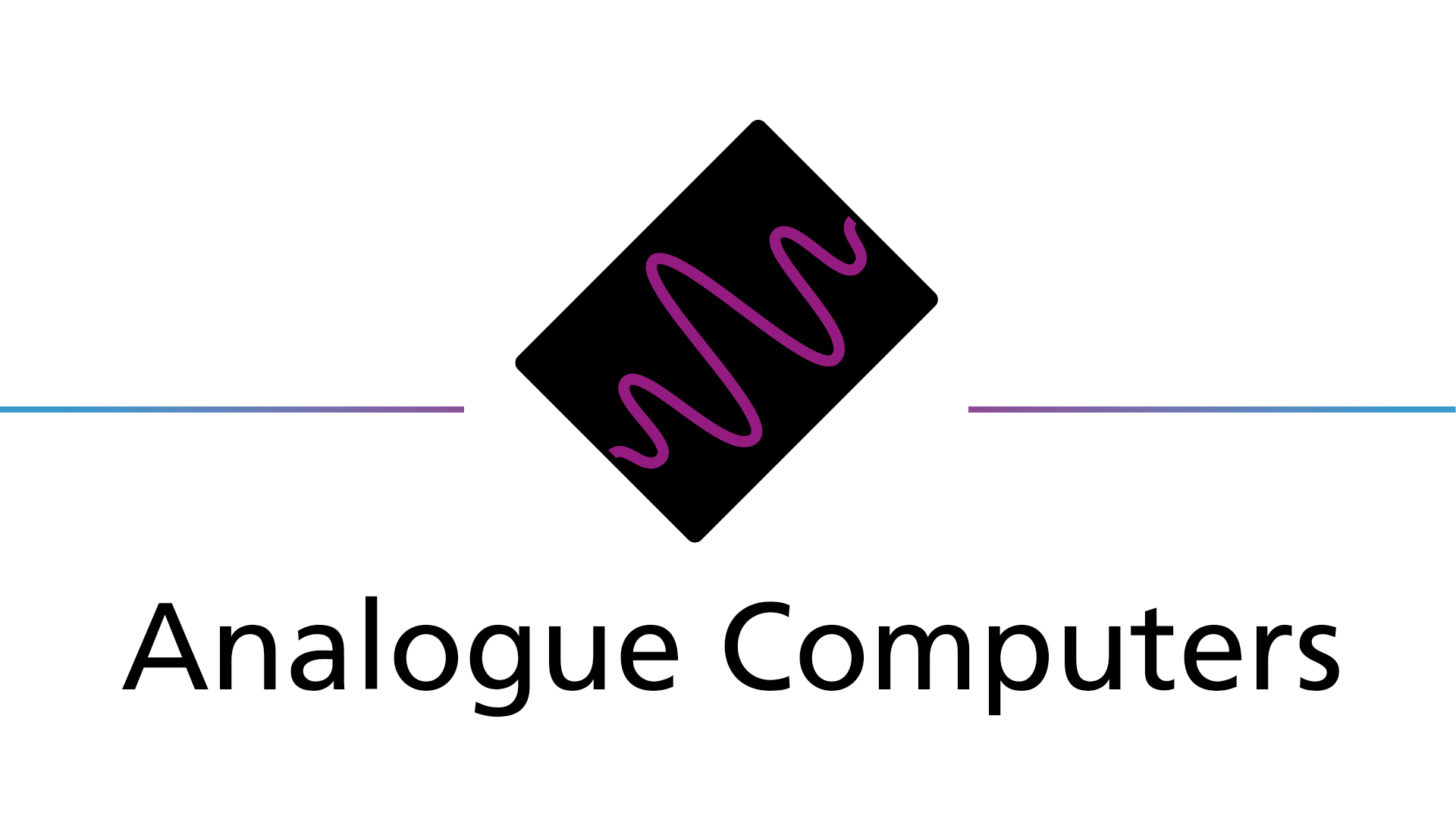Analogue computers were long considered a technological dead end: too imprecise and too cumbersome, they were thought to be inferior to digital computers in every way. But it now appears that they could offer an energy-saving alternative for machine learning and large-scale simulations and a complementary element for hybrid computing. What’s more, for certain use cases, analogue computers could even be as powerful as quantum computers while remaining far simpler and more economical to manufacture and operate. This is a promising gap between classical digital computing and quantum computing, which we want to explore and close with our own analogue computers.
Significance for Germany

There are only a few start-ups and companies around the world that specialise in the development of analogue computers. One of the market leaders is the German company anabrid, which is developing the REDAC reconfigurable analog computer for DLR. Through this contract, DLR is expanding its expertise in the development and use of this promising technology and thus strengthening the related ecosystem in Germany and Europe.
Analogue computing in the DLR QCI

The development of hybrid computer architectures is one of the focal points of the DLR Quantum Computing Initiative. That is why we want to use our analogue computer to investigate the potential of coupling networks between analogue computing elements and various quantum technologies, among other things. DLR institutes will also use the REDAC analogue computer for special computing operations in hybrid systems. Possible spaceflight applications include the planning of optimised landing manoeuvres in the field of Landing as a Service and in anomaly detection in satellite telemetry data.
All analogue computer projects in the DLR QCI
Technical implementation

Analog computers solve problems by modelling them as an electronic circuit. The solution to the problem is the measurement result obtained when the experiment set-up is completed. In this way, analogue computers are similar in principle to quantum computers, but they cannot exploit quantum properties such as entanglement. However, there are quantum algorithms that do not require entanglement and can therefore still be implemented using analogue computers and executed at higher speeds.
An important property of analogue computers is that they can be implemented using common microelectronics and thus scale very well. Due to their compact and robust form, they are also suitable for use in demanding environments such as embedded computing and the Internet of Things (IoT), where there is currently no prospect for quantum computers. Finally, the REDAC analogue computer is designed as a programmable electronic system. This allows it to be reconfigured during operation, which makes it particularly well suited for hybrid computing.
All news about analogue computing

Anabrid presents first prototype of the REDAC project
The REDAC analogue computer project has reached a first important milestone: After a year of research and development, our contractor Anabrid presented…

AQuRA × anabrid: Kick-off for the first industry & research partnership in the QCI
The ecosystem of quantum computing comes to life when research findings efficiently find their way into application in industry and business –…






